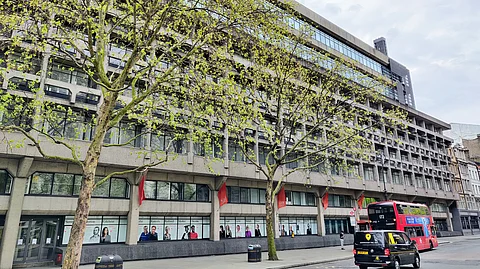Program Overview
The Healthcare Entry Medicine MBBS is a full-time, four-year course that aims to harness the pre-existing clinical experience of applicants. Unlike the traditional Graduate Entry Medicine course, which targets a broader demographic, this new program focuses on individuals already immersed in patient care. It emphasizes essential subjects such as bioscience and population health while minimizing early clinical practice, an area where these professionals have likely built considerable expertise in their previous roles.
To enroll, candidates must possess:
A minimum of a 2:1 undergraduate degree (or equivalent).
At least two years of full-time experience in a patient-facing healthcare role.
A passing score on the University Clinical Aptitude Test (UCAT).
These criteria ensure that participants have both the academic qualifications and relevant experiential background necessary for success in this accelerated program.
Learning from Leaders
Enrollees will have the unique opportunity to learn from esteemed clinicians and scientists recognized for their contributions to life sciences and medical research. The program includes teaching at KCL's partner hospitals, including Guy's, King's College, and St Thomas' Hospitals, with over 350 general practices in the South of England offering practical experiences.
A Commitment to Diversity and Inclusion
King’s College London's initiative reflects a broader commitment to diversity within medical education. By providing five distinct routes into medicine. King’s College London is dedicated to making medical education accessible to talented professionals already contributing to patient care.
Concerns and Criticisms
While the new program is celebrated for its inclusivity, some students have expressed concerns. Hana El Diwany, a second-year medical student, mentioned to Roar News that although opportunities for mature students are valuable, the financial model may pose significant barriers. Graduates might find themselves in considerable debt, entering the workforce as junior doctors earning around £35,000 per year, which raises the question of accessibility for those from less privileged backgrounds.


